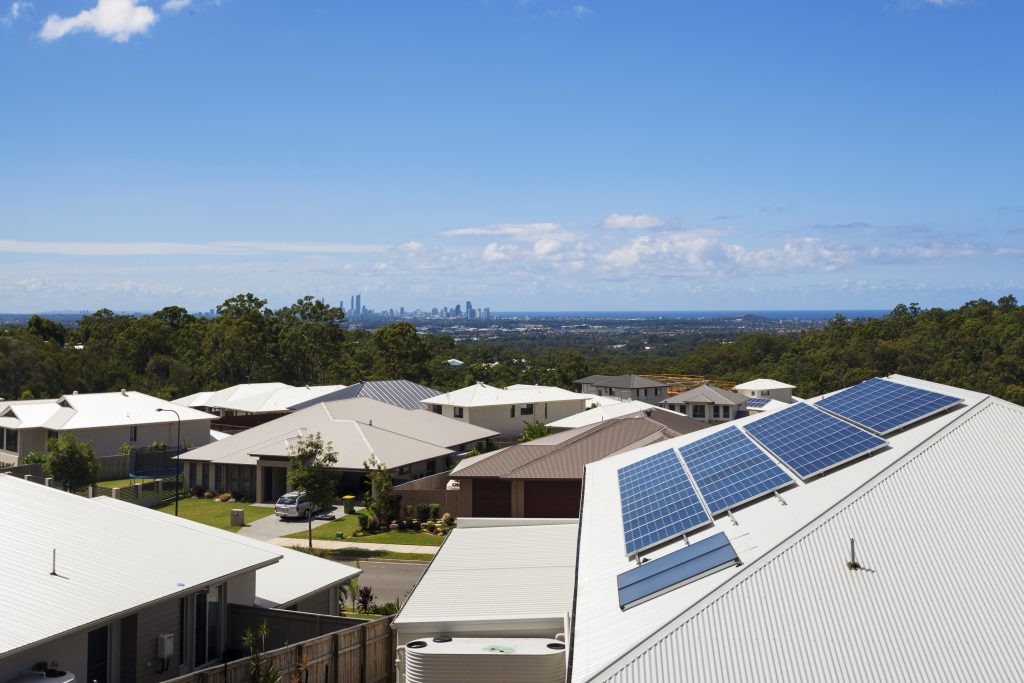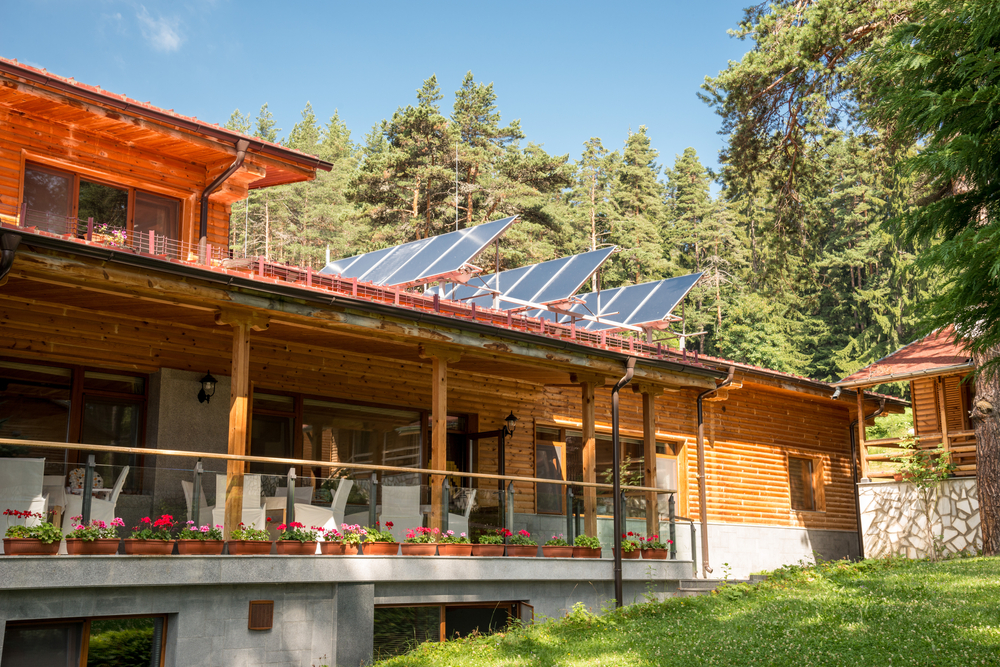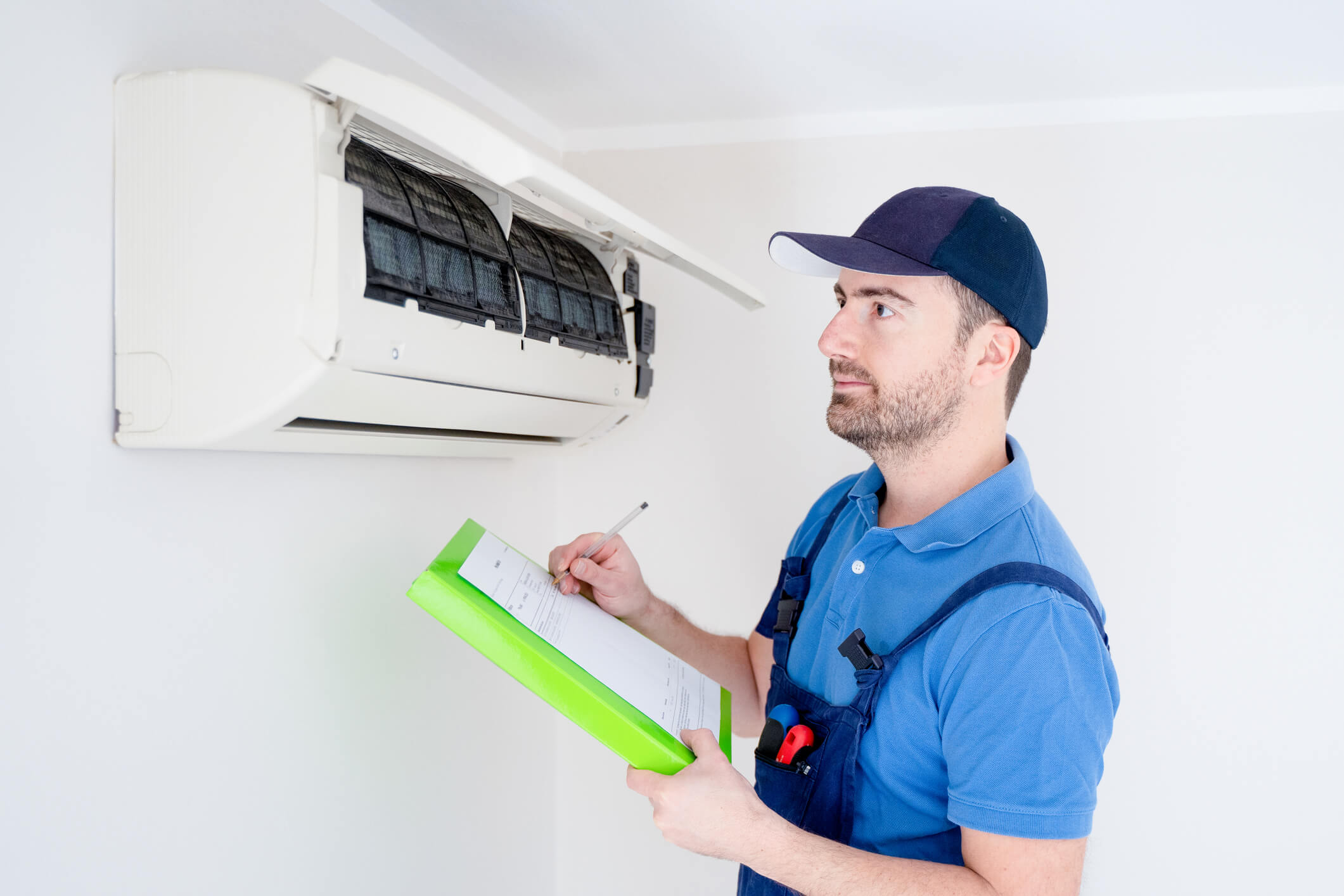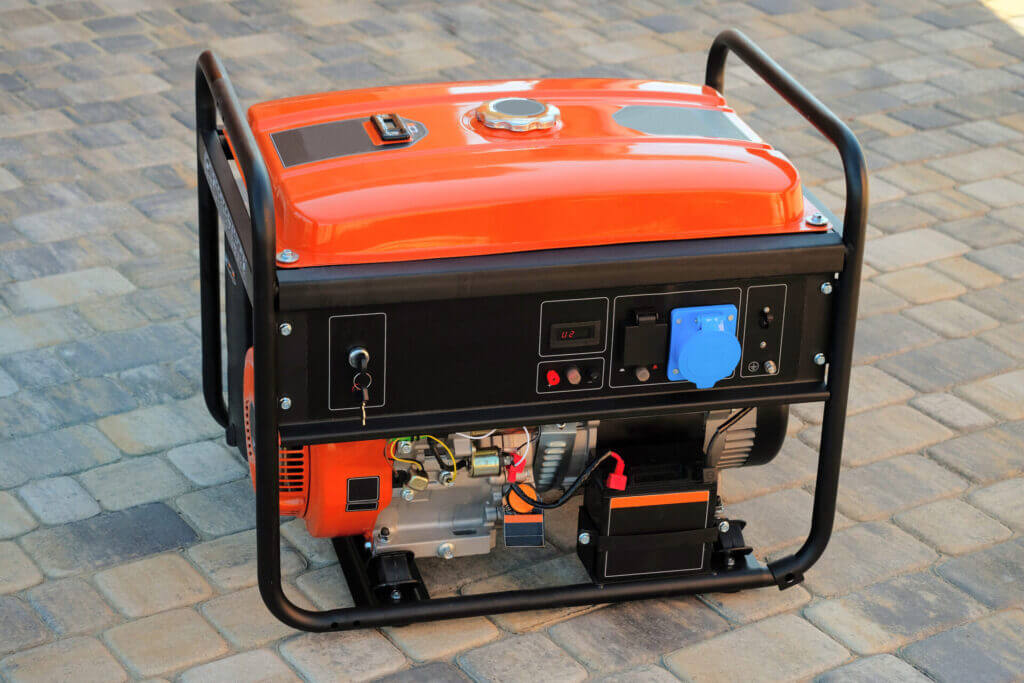Are you doing a solar project?
Modernize can pair you with three to four pros in your area, so you can compare options and save time and money.
Do you have a right to solar power? The short answer is: it depends. The long answer has to do with your state legislation, local permitting boards and zoning commissions, and the governing rules of your homeowners’ association. In many states, the government protects your right to install solar on your roof.
However, where these laws don’t exist, some HOAs have effectively limited or even outright banned solar installations in their jurisdictions. Many HOAs are strictly pro-solar—especially as solar power has grown more popular—but if yours isn’t, don’t count it as a complete loss. Even if your solar installation isn’t protected by law, there are still some things you can do to get your HOA on your side. Here’s what you need to know about solar access, legal protections, and your homeowners’ association.

Understanding Your Right to Solar Power
Many states, seeing the need to encourage homeowners to install solar on their properties, have instituted laws to prevent homeowners organizations and neighborhood groups from banning solar panels. These regulations come in many different flavors, and their stringency usually depends on the solar market in your area. States with a booming solar industry, for instance, tend to be more amenable to solar installations.
If you live in a state without these kinds of regulations, there’s nothing to prevent your HOA from prohibiting solar. In fact, even states with certain solar access laws may allow neighborhood associations to restrict your solar energy system’s design. Solar laws are like snowflakes in that every state has its own unique take. Generally, though, these protections fall into two different types: solar easements and solar access laws.
What Are Solar Easements?
The specifics of solar easement laws differ from state to state. Generally, though, the goal of such legislation is to prevent zoning and permitting authorities from restricting a homeowner’s access to solar, and that includes homeowners’ associations. In some places, homeowners can voluntarily enter into an easement contract, which they can then use in court to enforce their right to sunlight. Additionally, these solar easement laws often restrict builders from constructing nearby structures that would shade or obscure solar panels, thus making the system less productive.
What Are Solar Access Laws?
Solar access laws are a little bit trickier. In Massachusetts, for instance, solar access legislation restricts local authorities from creating unnecessary obstacles to solar power, but it doesn’t guarantee a right to sunlight in the state. In some places, that can mean that while a zoning board or HOA can’t outright ban solar panels in their jurisdiction, they may make rules about the size or type of solar energy system that homeowners can construct. In many neighborhoods, this has meant that homeowners are not able to build ground mounted units in their yard or install other non-rooftop installations. It may also mean that you need a special permit or other permission before you can have solar installed. If your neighborhood has an HOA or active zoning board, you should read the charter rules before purchasing any solar equipment, and you should also review your state and local legislation regarding solar access.

Find the Right Contractor for Your Solar Project
Whether you’re ready to begin your project now or need some expert advice, our network of contractors are here to help. With a few simple questions, we’ll find the best local professionals for you
Learn About the Solar Laws in Your Area
But how do you learn about the laws governing solar access in your area? The best answer is to look in the Database of State Incentives for Solar and Energy Efficiency, or DSIRE. This database, maintained by NC State University together with the US Department of Energy, is considered to be the most comprehensive collection of solar policy and regulation to date.
Using the database can be a little difficult at first—that’s why we wrote some guidelines for how to get the information out of it that you need. Use the search field to look for “easements” or “solar rights,” or just review all the policies pertaining to solar in your state. Your state’s public utility commission should also have some information available about up-to-date solar legislation in your area.
Lastly, you can contact your local permitting office or zoning commission for specifics regarding permits and system requirements in your area and contact your homeowners’ association (if one exists) for more information about their requirements. Alternatively, you can just check with your solar contractor or salesperson. He or she should know about size restrictions and other specifications in your area and will be able to help you pull any necessary permits before you build.
Petitioning Your Homeowners’ Association
If your HOA doesn’t support solar installations, the only thing you can do short of moving is to petition them for permission to install panels on your home. Take a look at your HOA’s governing documents. If solar is expressly banned, then you’ll need to convince the board to change their policy, which could be difficult. However, if it’s not specifically banned in the documents, you can have a lawyer review them. He or she can see if you have the legal right to install due to ambiguity, which you can then bring to your board’s attention. Never install solar without your HOA’s permission, however, as this could give the organization grounds to charge you fines or fees or even take you to court.
If you decide to petition your board to negotiate a change in policy, you’ll need to use data to convince them that the panels will actually be good for the neighborhood. For instance, you can mention how solar tends to increase property values on the sites where it’s installed. In some cases, solar may drive down the electricity prices for neighboring homes, which is also reflected in home values, since every dollar saved on energy costs tends to increase home sale prices.
If the board disapproves of solar because of the way the panels look, your best bet may be to try to negotiate. You can tell your board that you will integrate the panels in an attractive way, such as a porch shade or solar pergola. Or that you’ll place them on a part of your roof that faces away from the curb. Be flexible, polite, and willing to address your organization’s concerns, and you may just get what you want. Who knows, you might even start a new trend in your neighborhood!
Find the Right Contractor for Your Solar Project
Whether you’re ready to begin your project now or need some expert advice, our network of contractors are here to help. With a few simple questions, we’ll find the best local professionals for you
Reviews from Real Homeowners
Welcome to Homeowner Resources! We are the Modernize blog. Modernize pairs more than 3 million homeowners a year with pre-vetted contractors in their area. This blog started because we believe homeowners should know everything about their homes, from how their HVAC works to which front door colors they might love. On Homeowner Resources, you can find information on every part of your home, right down to how you can negotiate with contractors to get the best price. Here's more about the blog.
Need a contractor? Learn more about how Modernize finds the right pro for you.


